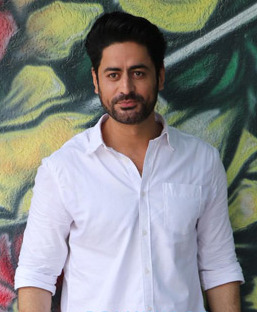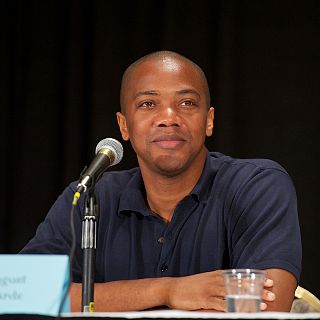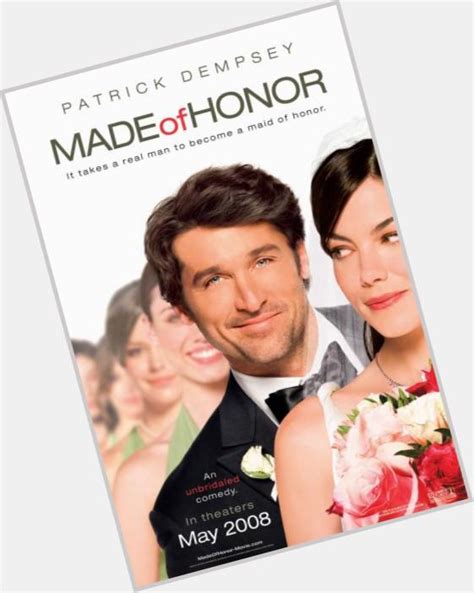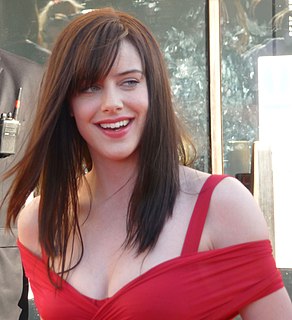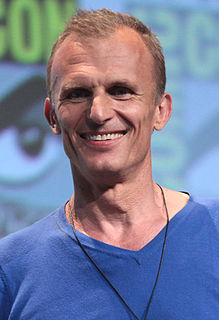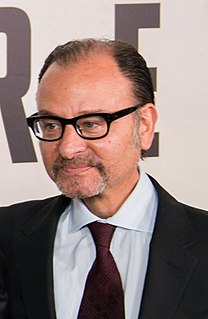A Quote by Mohit Raina
'Kaafir' is an eight-episode series; but while shooting, you really don't know which part is for which episode.
Related Quotes
I was talking to Shonda Rhimes the other day and I said, "I. Do. Not. Know. How. You. Do. This." While we're writing episode 10, episode 6 is shooting, episode 3 is in the edit, and episode 2 is in its color session...You've got seven episodes in different parts! It's a wild, wild, wild ride, which I thoroughly enjoyed. It was badass and amazing.
We do want the freedom to move scenes from episode to episode to episode. And we do want the freedom to move writing from episode to episode to episode, because as it starts to come in and as you start to look at it as a five-hour movie just like you would in a two-hour movie, move a scene from the first 30 minutes to maybe 50 minutes in. In a streaming series, you would now be in a different episode. It's so complicated, and we're so still using the rules that were built for episodic television that we're really trying to figure it out.
The one thing that we wanted to make sure in the pilot [of "Mary and Jane"] is that we could go everywhere. Part of the fun of them being a delivery service is that they go to different areas episode to episode. We do have an episode in the beach and there is an episode in the luxury rehab. It's all different kinds of things we are making fun of in LA.
The only episode which was completely my idea was for Mitch Pileggi, the actor who portrays Skinner, the Assistant Director of the FBI. He appears often in the series, but only for a few scenes. You know virtually nothing about him. I wanted him to have an episode that was his alone, so I wrote Avatar for him. He even has a scene that's pretty . . . hot [knowing smile]. He was very happy.
I think what people watch television for is the emotional continuity, from episode to episode, and feeling that the experience that they had, four episodes ago, has actually been building to an episode that comes later, and knowing that the characters are growing, as a result of that, and making mistakes, is really, really important to the way people connect to television.
I love my situation as a spectator. The actors are only a little bit ahead of the audience. The audience discovers the episode when it's screened, but we actors only discover the episode when we get the script, two weeks ahead of shooting. Until then, we know nothing of the evolution of our characters.
